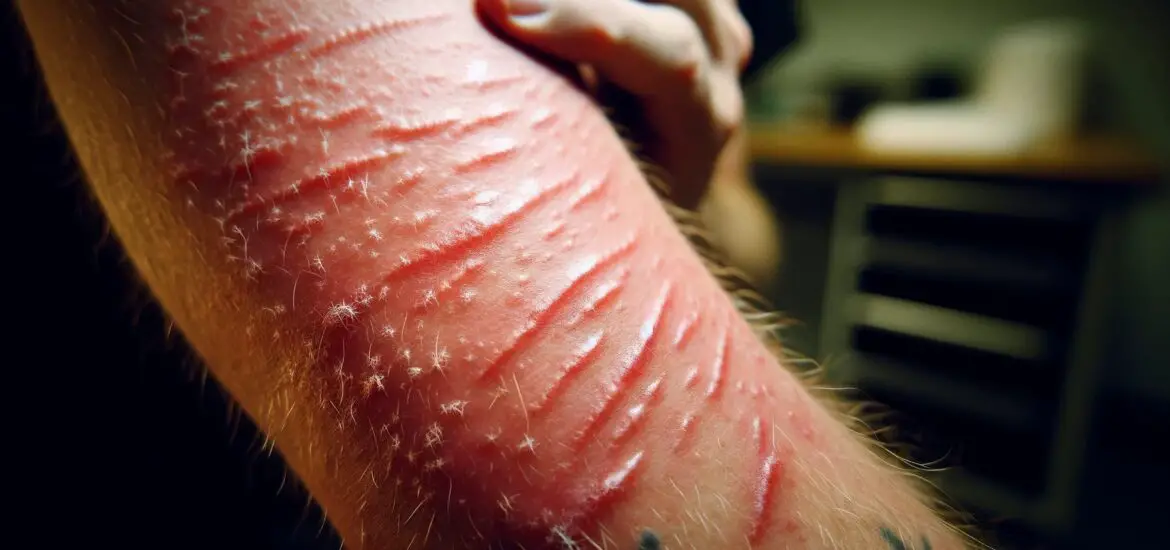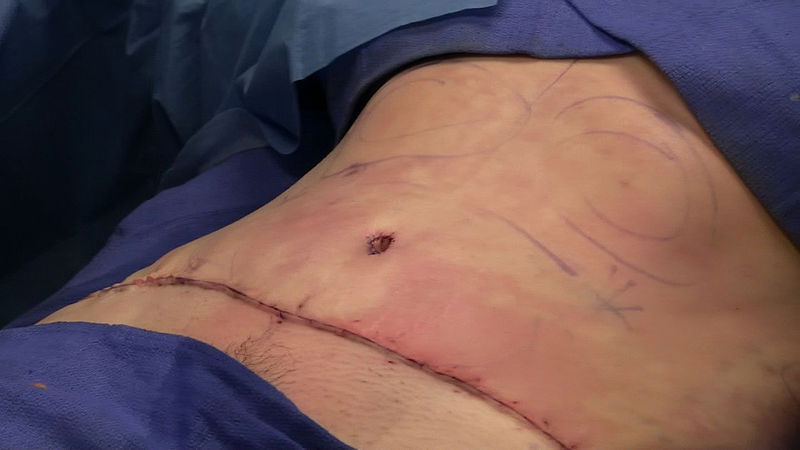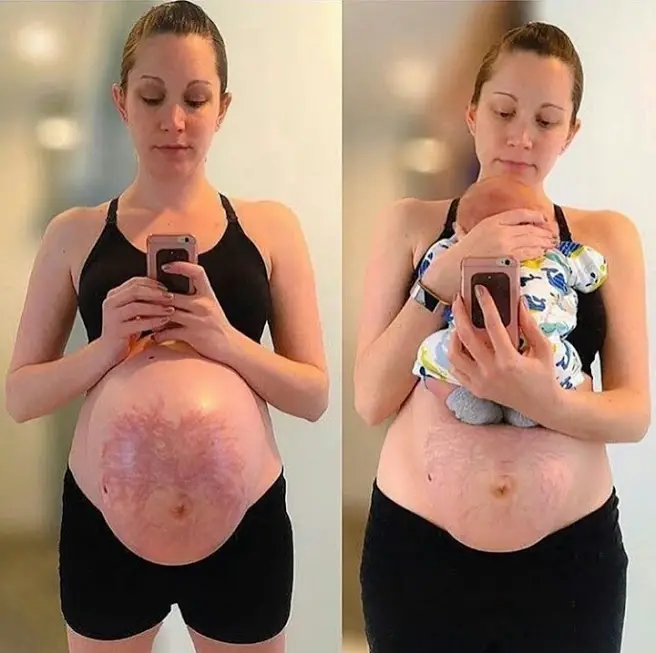This guide delves into the reasons behind the itchy skin after laser tattoo removal, offering practical advice on managing and alleviating this discomfort.

Table of Contents
Understanding Itchy Skin After Laser Tattoo Removal
Itchy skin after laser tattoo removal is primarily caused by the body’s healing response to the laser treatment. The laser works by emitting concentrated light that breaks down the tattoo ink into smaller particles. This process can cause a mild injury to the surrounding skin, triggering an inflammatory response. It’s this response that often leads to itching.
The degree of itchiness can vary based on the size of the tattoo, the colors of the ink, and individual skin sensitivity. Understanding that itchy skin after laser tattoo removal is a part of the body’s natural healing process can be reassuring. However, it’s important to monitor the severity and duration of the itchiness as it can also be a sign of skin irritation or allergic reaction to the treatment.
How to Alleviate Itchy Skin After Laser Tattoo Removal
Alleviating itchy skin after laser tattoo removal involves a combination of gentle skin care and avoiding actions that can exacerbate the irritation. It is recommended to apply hypoallergenic lotion to the treated area. These lotions are formulated to be gentle on sensitive skin and can provide a soothing effect.
You can check out this Curel Fragrance Free Lotion available at Walmart.
It’s also important to keep the area clean to prevent infection, which can worsen itching. Avoid scratching the area, as this can lead to further skin damage and potential scarring. Instead, gently pat the area if the itching becomes unbearable. Wearing loose clothing can also help prevent further irritation to the area.
Over-the-counter solutions and Home Remedies
Several over-the-counter and home remedies can help reduce itching. Antihistamines, available in both oral and topical forms, can be effective in reducing itchiness by blocking the histamine response in the body.
For a more natural approach, aloe vera gel can be applied to the affected area for its cooling and soothing properties. Cold compresses can also provide relief by numbing the itchy area.
It’s essential to use these remedies as directed and to be cautious of any allergic reactions. This is especially important when using products for the first time on sensitive post-treatment skin.
Check out these other articles…
Dark Skin After Laser Tattoo Removal: Easy Care Guide
What Happens to the Skin After Laser Tattoo Removal?
How to Care for Your Tattoo After Laser Removal: Easy Guide
How Long Does Skin Take to Heal After Laser Tattoo Removal?
Skin Healing After Laser Tattoo Removal: Comprehensive Guide
Hole in Skin After Laser Tattoo Removal: Comprehensive Guide
When to Seek Medical Advice
Medical advice should be sought if the itchiness is severe, persists for an extended period, or is accompanied by other symptoms. Such symptoms include excessive redness, swelling, blistering, or signs of infection. These symptoms can indicate an allergic reaction, infection, or other complications that may require medical intervention.
A healthcare professional can assess the situation and provide appropriate treatments such as prescription creams or oral medications. They can also advise if any changes to the laser treatment plan are necessary to prevent future reactions.
Preventing Itchy Skin After Laser Tattoo Removal in Future Sessions
Preventing itchiness in future laser tattoo removal sessions involves several key steps.
Firstly, following the post-treatment care instructions provided by the laser technician is crucial. These instructions typically include guidelines on how to clean and care for the treated area, and what products to use or avoid. It also includes guidelines on activities to steer clear of in the days following treatment. For instance, avoiding sun exposure on the treated area is critical as the sun can exacerbate skin irritation and delay healing.
In addition, using recommended skincare products, such as specific lotions or ointments that aid in healing and reduce irritation. The use of these products can make a significant difference.
It’s also important to inform the technician about any reactions experienced in previous sessions. This information might make them adjust the treatment settings or technique accordingly.
By taking these proactive steps, you can reduce the likelihood of experiencing significant itchiness after future laser tattoo removal sessions.

